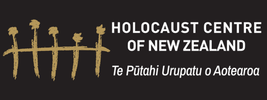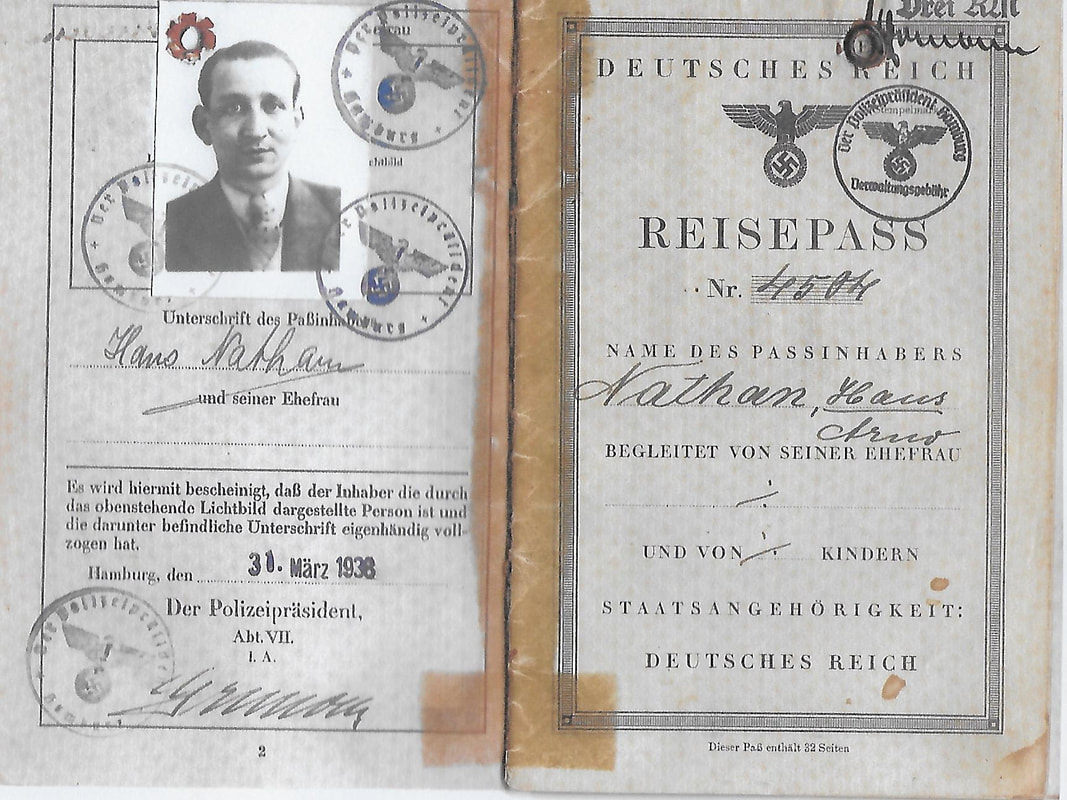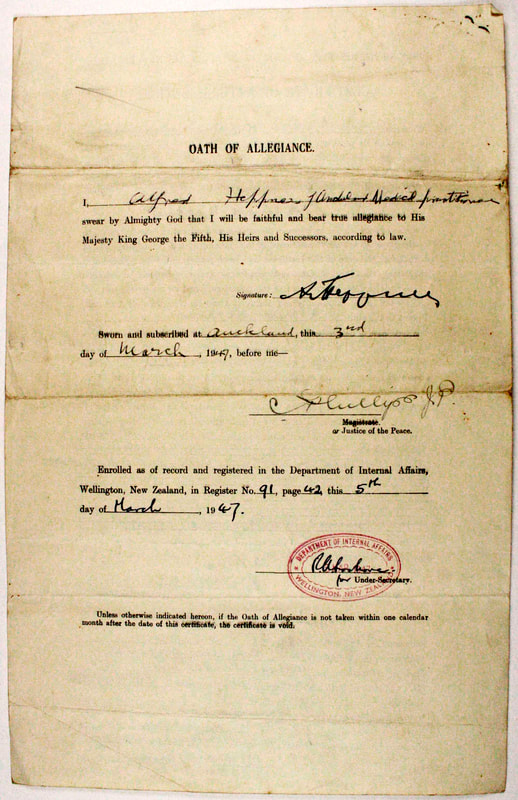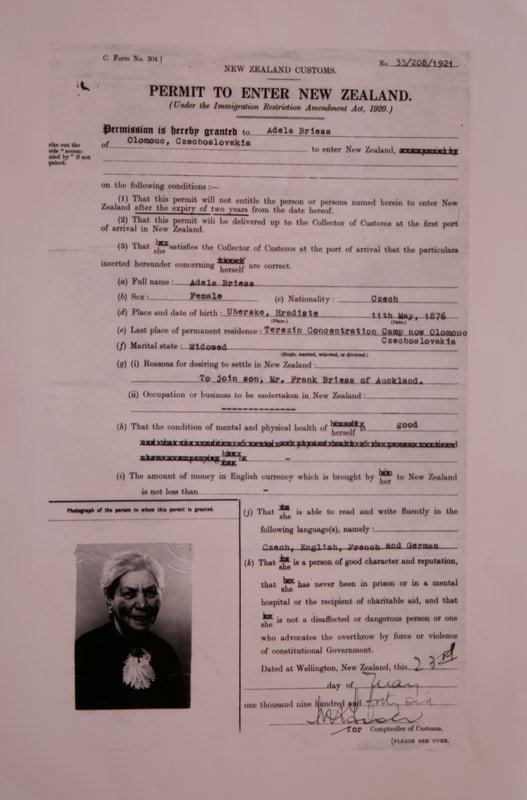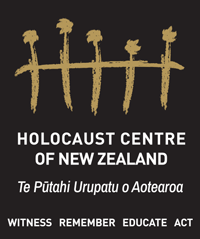What was the Holocaust?
|
The Holocaust was the deliberate attempt to exterminate the Jews, defined by antisemitic ideology, propaganda, legislation, and the systematic implementation of unprecedented extermination techniques.
The Holocaust did not happen in isolation, and many other people were also persecuted with dedicated measures. Some – such as the Roma people and the disabled – were targeted for extermination alongside the Jews, while many others were also oppressed by the Nazis on the basis of their ethnicity, political ideas, religious beliefs or sexual orientation. |
The Holocaust refers to the genocide of six million Jews carried out by Nazi Germany and its allies between 1933 and 1945.
The term encompasses an escalation from disenfranchisement to discrimination, persecution and finally extermination. This reached its deadliest point in the Nazis' ‘Final Solution’ and the establishment of unprecedented Extermination Camps, such as Chełmno, Bełżec, Sobibor, Treblinka, Majdanek, and Auschwitz-Birkenau. Understood in this broader context, the Holocaust represents both a distinctive and unique historical event, and a tragedy with complex legacies and universal relevance, with ongoing significance for the history of humanity.
|
